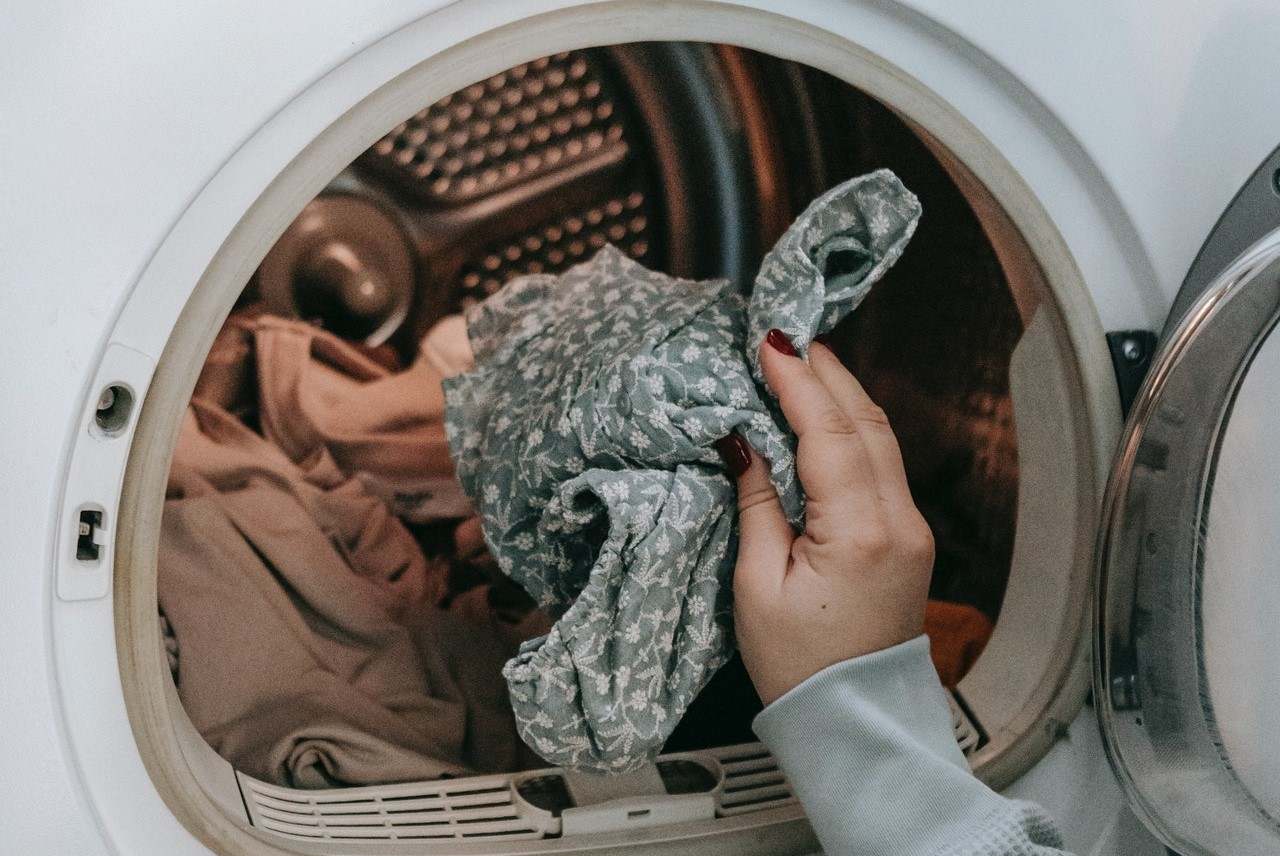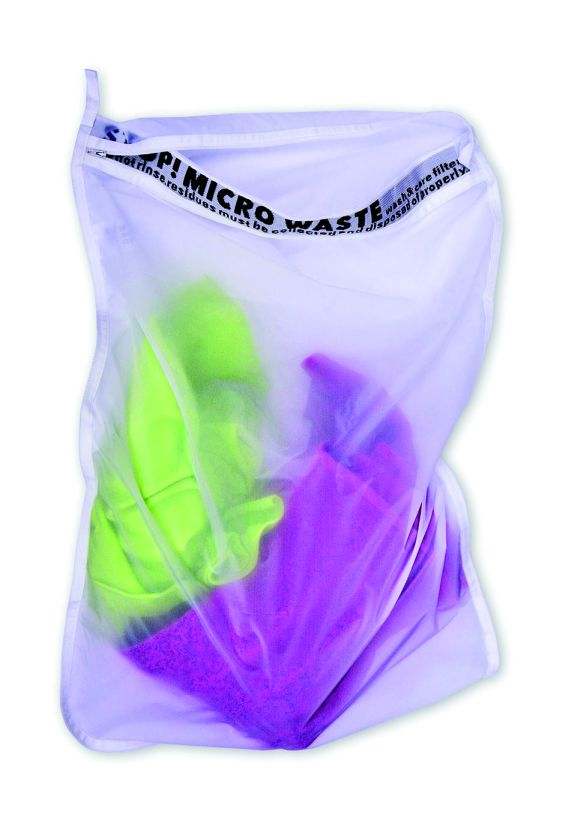The idea that we are wearing plastic clothes may sound surprising. However, not only is it true, but it’s also contributing to the plastic pollution crisis.
Many of our clothes contain plastics like polyester, nylon, acrylic and polyamide. These plastics in clothes are called microfibres: plastic-based threads that are even thinner than human hair, which are shed when our clothes are washed.
Despite being so small, these plastic fibres contribute around 9% of the plastic pollution entering the sea: more than that from plastic bags and microbeads put together. Furthermore, clothes washing in the UK is estimated to be responsible for around 1,600 tonnes of plastic pollution pouring into our rivers and estuaries every year – equivalent to the weight of 12 blue whales. Studies by Friends of the Earth and Bangor University even found microplastic pollution in Britain’s most iconic and remote rivers and lakes, including the Lake District and Loch Lomond.
Sadly, the tiny size of microfibres doesn’t make them harmless to animal life. Small sea organisms like plankton can easily mistake them for food. Plankton is the main food source of many fish and marine animals, which will in turn be ingesting a dose of plastic pollution, potentially passing microfibres up the food chain.
And it’s not only our water, rivers and oceans which are affected. Microfibres are also in the air we breathe. New scientific research shows that fibres from clothing such as nylon and polyester may damage cells in our lungs, making the growth and repair of our airways harder.





